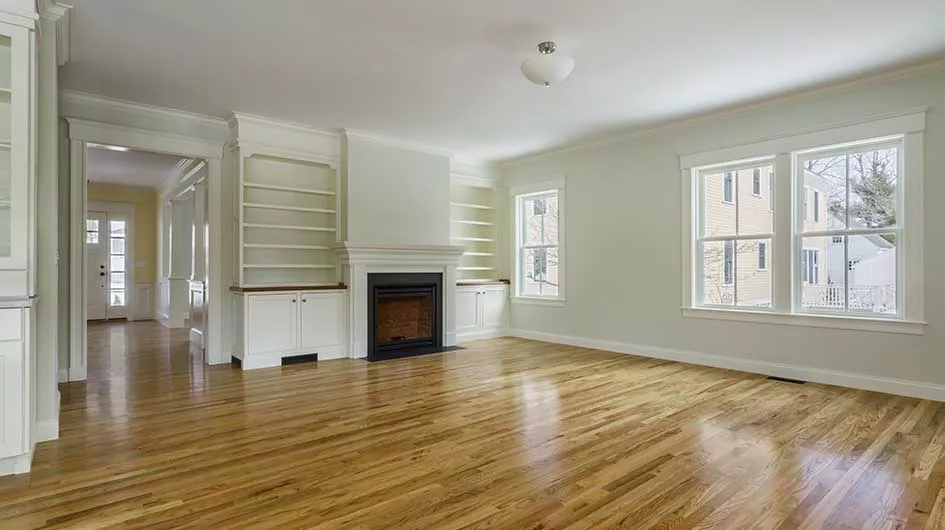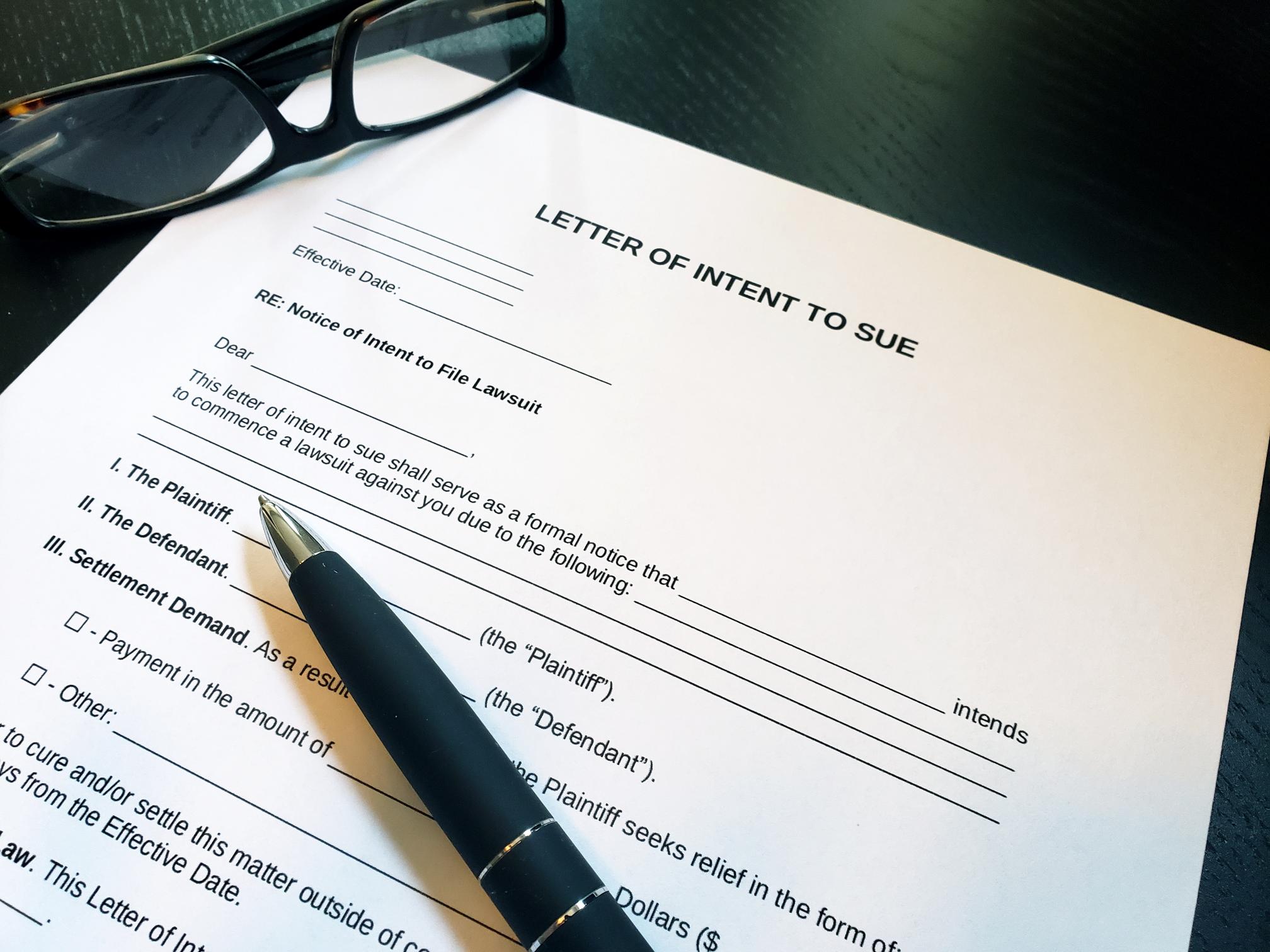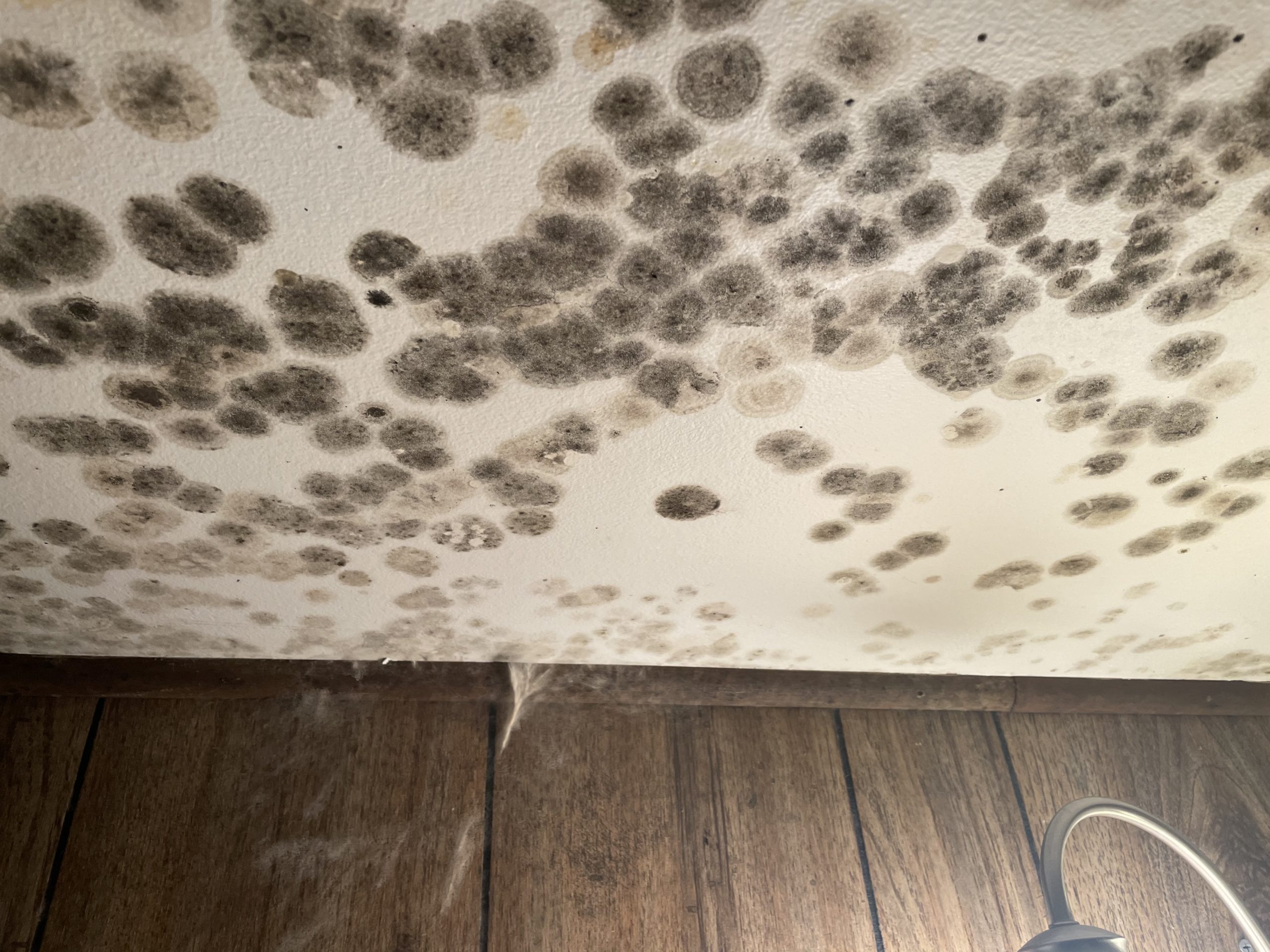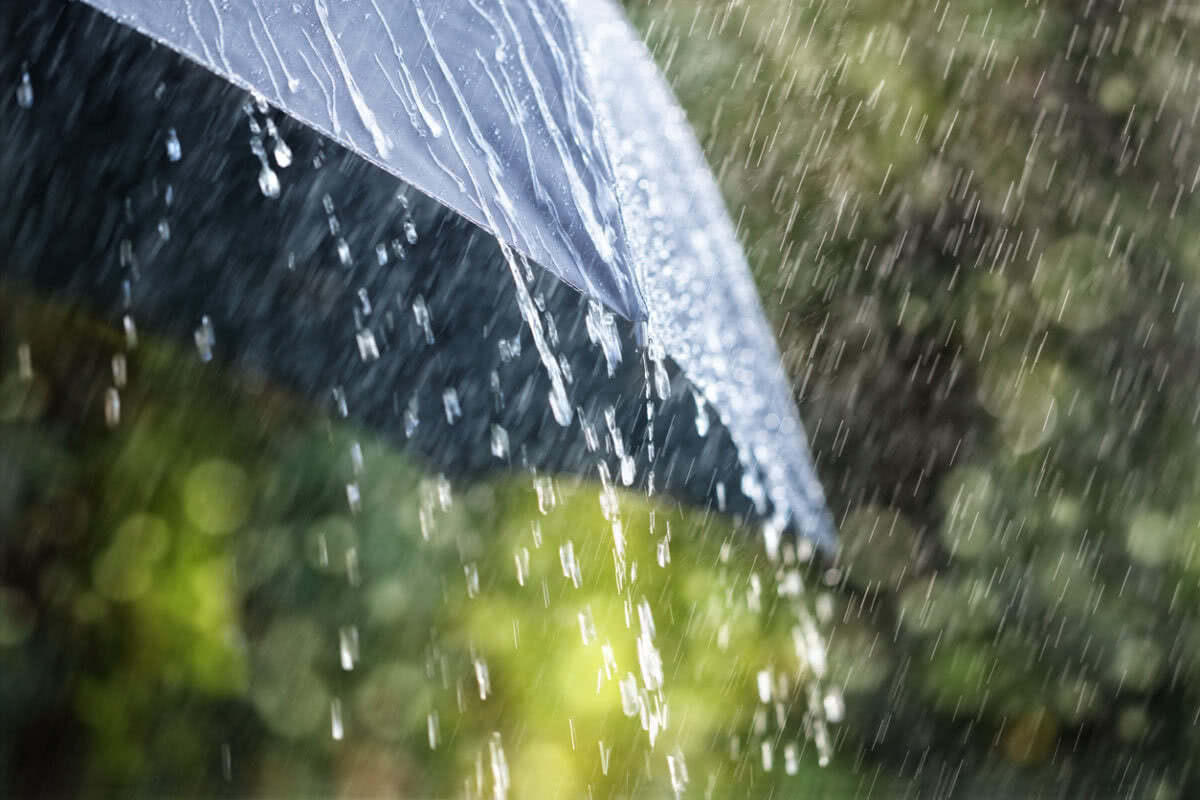The words “vacant home” can have a pretty negative connotation. You probably picture a decrepit house with boarded up windows in a dilapidated area that no one would touch with a 39 ½” pole.
In reality, nice, normal homes go vacant every day.
Occasionally, people may buy an empty house to fix it up and flip it, or own a rental property that’s between tenants. For the most part though, people tend to leave their houses vacant after they move to a new home, and wait for their old place to sell.
Houses go vacant for other reasons too. Maybe you:
- Got ownership of a home in an estate or will
- Moved out of your home while it’s being renovated
- Left on a sabbatical or extended trip
What do you do with a vacant house?
Whatever the reason, if you own a house that’s empty for a period of time, your Homeowners insurance might limit coverage. Most standard Homeowners policies include “vacancy,” “neglect” or “abandonment” exclusions, which means they can deny claims or drop your coverage if you leave your house vacant for a while.
Because vacant homes pose different risk characteristics, they’re considered a separate category for insurers, mostly because:
- They don’t receive regular maintenance and attention, and can get damaged easily
- They can attract thieves and vandals
- They’re attractive to trespassers and even kids who could get hurt
There’s a solution
Vacant Home insurance exists to cover you if you have to leave a home empty (for whatever reason). It’s Specialty Home insurance designed to cover the things most vacant homes and homeowners have to deal with, like damages, vandalism, and liability issues.
You can even cancel it at any time if the place finally sells!*
While your standard Homeowners insurance doesn’t fit the bill if you don’t live there anymore, consider Vacant Home insurance to cover the house you leave behind.









